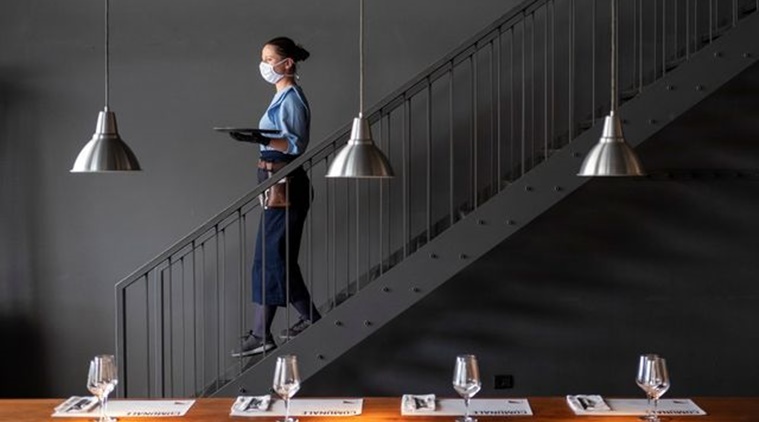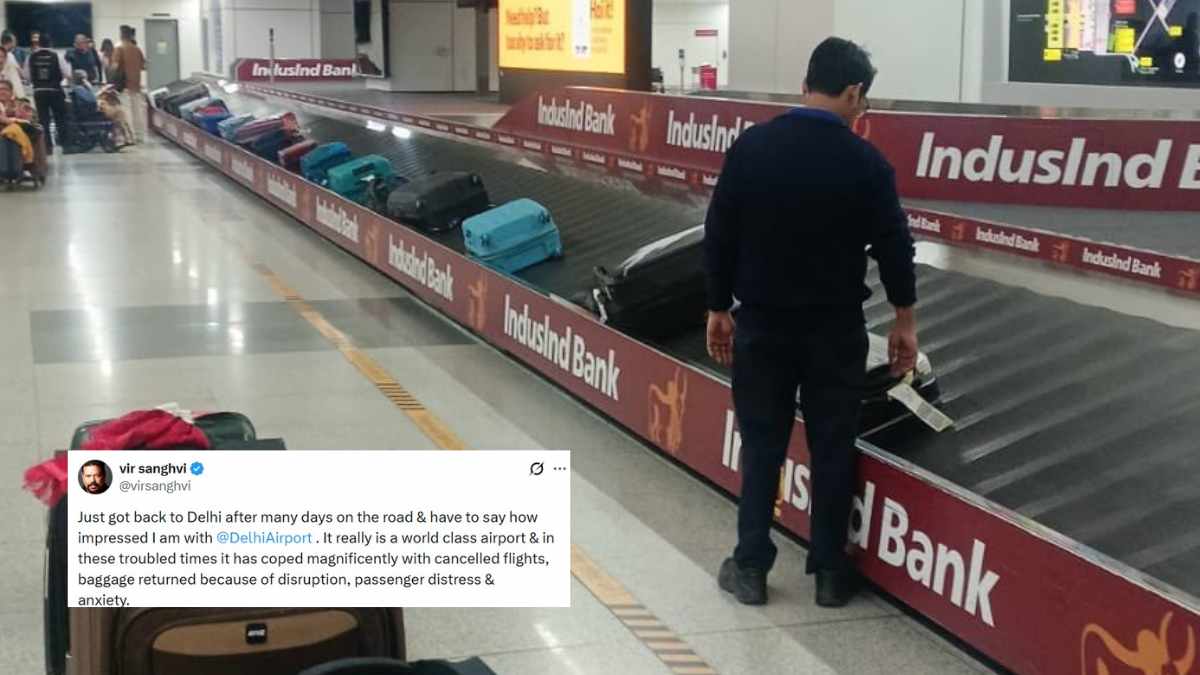Hum Khaate Peete Log Hai! Which means our restaurants are bustling, our pubs are thriving and our streets are vibrant with food, aromas and people. Now that coronavirus pandemic has put a halt on restaurants, pubs and street food, the question is what is the future of eating out in India post lockdown? Drive-ins might make a comeback. Safety checks by microbiologists might take place. Physical distancing in restaurants might be the new normal. And innovative menus might be created. For all you know, 2020 will go down in history as the year that redefined eating out. So to have a better idea about the future of eating out in India post lockdown, scroll below to know what industry experts have to say.
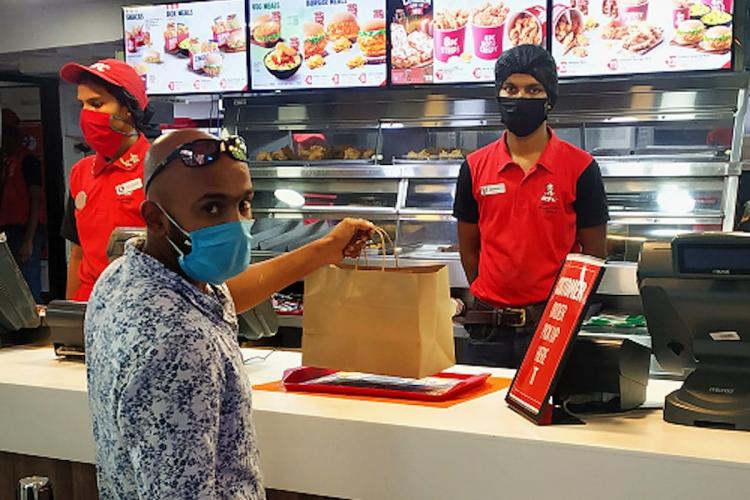
80% Of Restaurants In India May Not Survive This Lockdown
The National Restaurant Association of India (NRAI) stated that food services estimated at ₹4,23,865 crore in India employs more than 7,00,000 people. Unfortunately, the 6 weeks of lockdown has brought the once-thriving industry to its knees. Sanjiv Kohli, Managing Director of Moti Mahal Delux a chain which serves North Indian food in Delhi and New York stated to The Hindu, “This is going to take really long to normalise, or until the vaccine comes. What is hard is that 80% of the businesses may not pull through this. Take-away joints or self-owned premises stand a chance.” Some restaurants have adopted a delivery-only model with shorter menus and they work with fewer staff while following considerably more rules like social distancing and temperature checks.

During an NRAI coronavirus, Town Hall season held on Zoom, initiatives including representation to the Government and Rise For Restaurants (a programme to support its six lakh employees), were debated and discussed. The President of NRAI and CEO deGustibus Hospitality, Anurag Katriar stated: “Though the foodservice sector has made a loss of ₹35,000 crores in the last month, the second-highest among all industries, affecting 300 million people, it is the only industry that makes in India, lives in India and serves in India. Its survival and recovery is a humanitarian issue.”
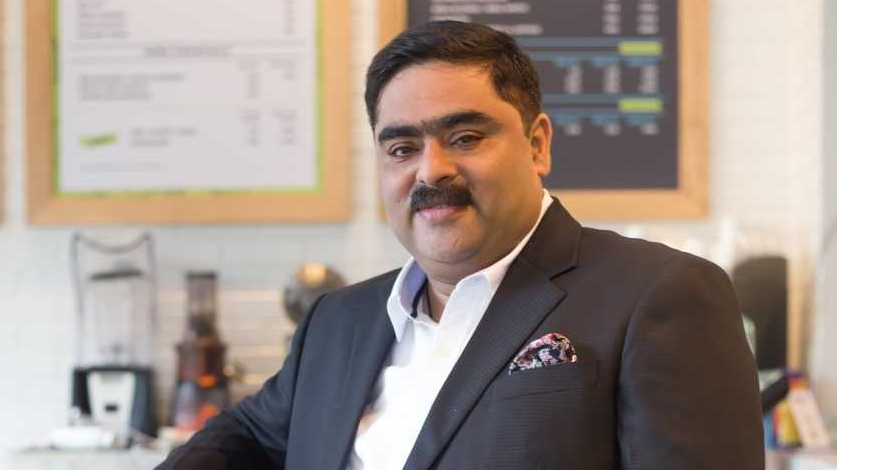
Food Safety & Hygiene- Topmost Priority Of Restaurants
Vice president, Chef’s Association of South India, Chef Ramu Butler reveals that the focus of restaurants in India will be on rebuilding customer confidence. He further claims that food safety and hygiene will be the topmost priority. Fostac (Food Safety and Training Certification) wasn’t mandatory earlier, but it will be post lockdown. Ramu also added that buffets will be temporarily shelved, seating will be redesigned and staff will compulsorily have to were gloves and masks. According to him, clinical cleaning will take place from now on.

Menu Cards Might Be Replaced By Digital Menus
Technology will aid dining to implement social distancing and contactless dining. An international digital menu company, My Menu uses QR ordering to replace physical menu cards. The guests scan a QR code on their mobile, check out the menu and place the order through their own mobiles without downloading any app. In this way, contactless dining is maintained as menu cards are the most common form of spreading infection since it’s handled by many people. On similar lines, the food–tech platform Smart Q introduces slot based booking and allocation system known as Smart Pass to reduce crowds in IT food parks. It helps in distributing crowds in the cafe in a uniform manner, ensuring automatic physical distancing.
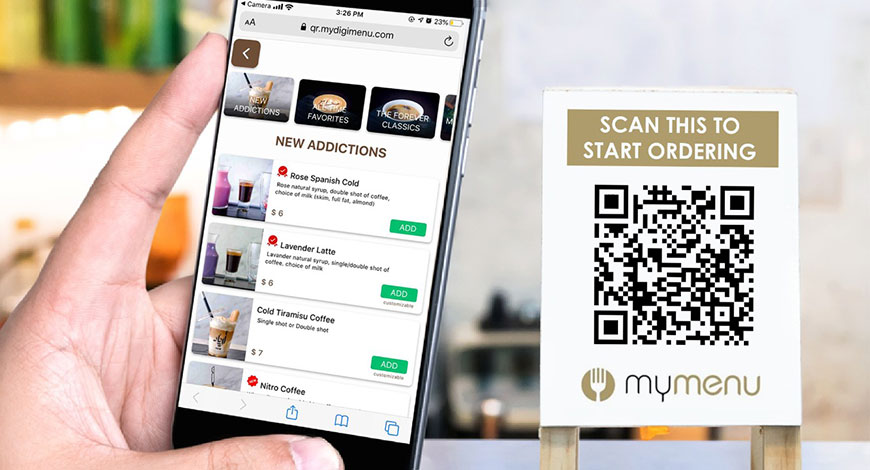
Also Read: Over 20 Lakh Indians May Lose Their Jobs In The Restaurant Industry Amid Coronavirus
Microbiologists To Compulsorily Conduct Swab Tests In Restaurant Kitchens
So what is the road map ahead for restaurants? A common Standard Operating Procedure ( SOP) which includes a reduction in guest capacity, hygiene checks, technology-friendly services are some of the things that restaurants might adapt to in the future. Chef Regi Mathew, who operates Kappa, Chakka, Kandhari in Chennai and Bengaluru reveals that in the past, every five-star hotel would have a microbiologist who’d conduct random swab tests of cold kitchen surfaces, staff and everything to maintain safety. In the future, this practice might be extended to every restaurant in the country, but the hefty pricing might trickle down to each and every customer. Yauatcha Mumbai Shuts Central Kitchen Indefinitely After Staff Member Tests COVID-19 Positive

Immunity-Boosting Dishes, DIY Menus To Be Introduced
Manu Chandra, Chef and Partner at the Mumbai-based Olive Bar & Kitchen group suggests that comfort food and menus celebrating local biodiversity will be introduced in the future. Chef Regi Mathew claims that immunity-boosting recipes like fun DIY acts like “Cook Yourself Eating Out” will be part of his reopening plans. He said that meats will be kept marinating, charcoal will be glowing and diners can keep to their area and experience a fun meal. The young executive director of the Kerala-based hospitality group CGH Earth, George Joseph believes that something better might come out of this situation, something which we may not want to go back to the old order. He announced his plans to end the buffet at his properties and expand the non air conditioning seafood restaurant, Fort Cochin at Hotel Casino. This Japanese Experiment Shows How Quickly COVID-19 Can Spread At Buffet Restaurants

Drive-In Restaurants To Make A Comeback
The retro concept of drive-in restaurants is also surging in India and making a comeback. Kochi’s Azeezia, an organic food restaurant quickly transformed into a drive-in facility. They introduced a small takeaway menu, used their massive parking space to accommodate 100 cars. Did you know Panda Dolls Are Giving Lonely Diners Company In A Bangkok Restaurant?

Anurag Katriar, President of NRAI dismissed the idea of contactless dining, he cited “It is like having butter chicken without the chicken. We have to win customer confidence. Let us tell them they are coming to a kosher environment. Eat and drink with a complete sense of safety. That will be the cornerstone of our turnaround.” Well, 2020 will definitely redefine the idea of eating out in India, it will be safety, hygiene and the confidence of customers that will be given atmost priority.

